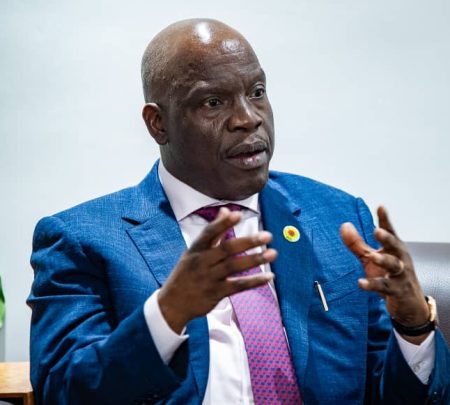 Oscarline Onwuemenyi
Oscarline Onwuemenyi
26 August 2016, Sweetcrude, Abuja – Latest manufacturing sector survey conducted by NOIPolls in collaboration with Centre for the Study of the Economies of Africa (CSEA) has revealed that unavailability of petrol and diesel, poor power supply, policy inconsistency, and limited access to credit are cited as major challenges facing the manufacturing sector in Nigeria.
Majority of the manufacturers surveyed stated that, compared to one year ago, the availability of Petrol/Diesel (80 percent), Power supply (73 percent), Policy inconsistency (55 percent), and Access to Credit (49 percent) have worsened.
In addition, about 78 percent of companies revealed they have been negatively affected by the disparity in foreign exchange rates (in the official and parallel markets). This cuts across the different company-size categories as large 83 percent, Medium 76 percent, and Small 78 percent indicated this negative impact of forex.
This finding is particularly poignant as 52 percent of sampled companies disclosed that they are highly dependent on imported inputs in their production, and only 25 percent indicated that the export market was highly important to their turnover.
Furthermore, a majority of sampled firms (60 percent) decried the lack of support within their current business environment; with at least 90 percent of the firms not operating up to their optimum installed capacity, and 45 percent operating below 60 percent of installed capacity.
However, Nigerian manufacturers are upbeat and have a positive outlook on the economy over the next one year, with 76 percent expecting economic conditions to improve.
According to the report, “Due to the chronic challenges of infrastructure and inputs, the Nigerian manufacturing sector is yet to transit from a demand-driven regime to a supply-driven regime that is essential for long-run growth.
“In the present demand-driven regime, population growth estimated at 3.2 percent per year is expected to strengthen local demand and stimulate growth, most notably in the necessities subsectors – food and textiles.”
It added that, “The contraction of these two sectors during the period reviewed presents an ominous sign that needs to be carefully analysed and clearly understood. Responses to the poll show that the manufacturing sector remains dependent on the international market, buying inputs many times more than it supplies products to foreign markets.”
Manufacturing, the business of large-scale industrial production, is central to economic growth and poverty reduction in both historical and contemporary contexts. As the base of the most essential value addition processes, the strength and quality of manufacturing is the most important determinant of economic competitiveness.
As the essential secondary or “transformative” sector, a shift of the economy from primary sector (base of activities related to harvesting raw materials such as agriculture and mining) toward the secondary or industrial sector is associated with development of value or processing chains, which results in rising productivity and reduction of labor share in the primary sector.
The pollsters observed that manufacturing also drives the emergence and growth of the tertiary sector by inducing demand for (and supply of) technical skills, workforce and workplace services including health and safety, as well as distribution of manufactured goods.
“Public infrastructure development to support industries and private investments further spur the growth of the services sector. Many of the skills required in the services sector would already have been developed during the industrial stage of the economy,” they stated.
The manufacturing sector has historically been a very small fraction of the Nigerian economy. The share of manufacturing in the economy hovered around an average of 6.7 percent for the first three decades after independence (1960-1989), fell to 5.1 percent and further to 4.0 percent during the 1990s and 2000s respectively.
A shift in policy emphasis toward agricultural productivity, value chain development and foreign direct investment in agriculture and manufacturing beginning in 2010 contributed to a doubling of manufacturing share to 8.4 percent during 2010-2015.
However, the manufacturing sector’s growth momentum of 2010-2014 was lost in 2015 despite continuous local demand growth. The sector reversed from 14.7 percent growth in 2014 to 1.5 percent contraction in 2015, while its contribution to GDP growth reversed from 21.8 percent in 2014 to -5.2 percent in 2015.
In light of the above, NOIPolls and CSEA (Centre for the Study of Economies of Africa) conducted this manufacturing sector survey to provide a snapshot of the industry and elicit views of manufacturers across the country on their businesses and the environment.
Further, assessment of current business situation is overall not impressive, as at least 45 percent of manufacturing companies stating that their current business environment is bad and 12 percent stating that it is neither good nor bad.
Only 43 percent of companies stated that their situations as good or very good, ranging from a lowest rate of 18 percent in the North-Central to the highest rate of 78 percent in the South-West. Large companies are the most likely to rate their situations this way (49 percent).



